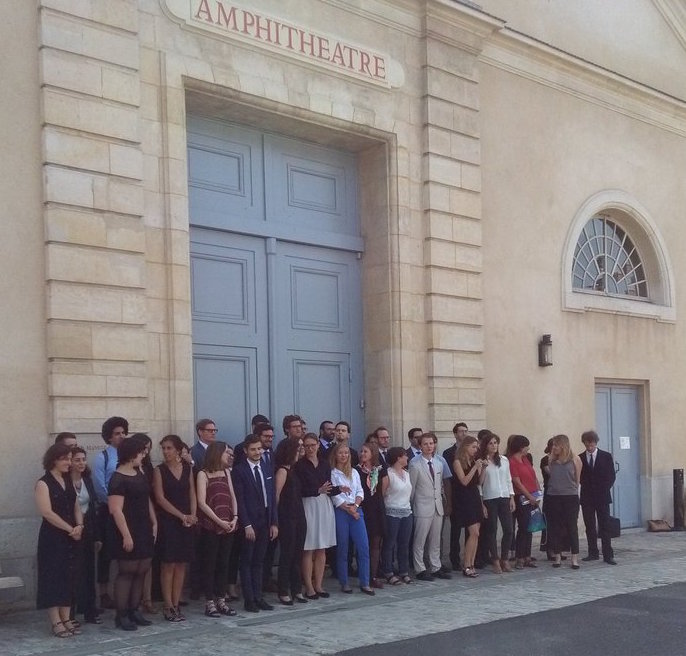NATO is looking for a new battle, at sea
 (BRUSSELS2) (updated) NATO is therefore looking for new fields of action. The most coveted is the anti-piracy operation off the Somali coast. Easy terrain. Stopping pirates is less complicated than defeating rebels in Afghanistan. And so much more popular.
(BRUSSELS2) (updated) NATO is therefore looking for new fields of action. The most coveted is the anti-piracy operation off the Somali coast. Easy terrain. Stopping pirates is less complicated than defeating rebels in Afghanistan. And so much more popular.
The Alliance is therefore sparing no effort. We know that she had tried, from the beginning, to get her hands on the operation (1). Alas, most European states, including Norway (a member of NATO and not a member of the EU), have preferred to put their “balls” into a European operation, which they believe is more complete. As for the Americans, they very quickly decided to set up their own operation (CTF 151) in which the Turks and the British are contributing... (2) Conversely, the Danes, who are members of the EU, cannot take part in the European operation (Danish opting out obliges) and after having contributed to the CTF 150/151 take part in the NATO operation. Go understand! Today, as the conference of generations of forces for the renewal of Operation Atalanta approaches, NATO is therefore seeking to take the Europeans by surprise, in an attempt to regain control of its two "competitors". It relies on its two SNMGs, permanent maritime groups of NATO (which are only "permanent" in name), by convincing certain member countries to join it. But she is a step behind.
"Firepower"...
Where the Atalanta operation (EU) permanently has 6 to 8 ships (or even more) and 2 to 4 planes, the Ocean Shield operation (NATO) only aligns 3 to 5 ships and 0 planes. .. And, above all, it has the "power" of the EU: its lawyers, its diplomats and... its checkbook. For the first time, the "global" approach - so much underlined in the speeches - comes into practice... The "smart strategy" as Hillary Clinton would say (3). When it comes to bringing pirates to justice, NATO has no pirate translation agreement and must rely on "goodwill". Concretely, it stops a little and releases a lot. At balance sheet carried out by Brussels2, it has one of the lowest rates of bringing suspects to justice: less than 1 out of 10 compared to 3 or 4 out of 10 for the EU!
... or communication
NATO is therefore counting, in order to make up for its delay, to win the battle of communication and on the political leaders. It has thus set up a website for the merchant navy, quite complete, which "competes" (there is no other word) the site set up by the European Union with the merchant navy, the MSCHOA. There are also fairly complete documents detailing the methods of escorting ships, documents stamped "European Union". NATO does not skimp on resources. She also commissioned CAPA Press to produce a documentary presenting her work. Very well done documentary which, of course, highlights the Atlantic Alliance (watch here). And a communications consultant hired to draw the attention of journalists and diplomats to this action. She did not hesitate to contact the office of the High Representative. Part of a strategy that aims to convince some political leaders to "change sides"...
Mismanagement at a time of budget shortage
This little race appears in full contradiction with all the speeches affirmed so far, to avoid duplication between the two organizations. And it responds more to a political need than an operational one. Admittedly, on the ground, the different ships cooperate without too much difficulty: the sailors generally get along well (they participate together in the same exercises), several of them serve alternately on the two operations. But the competition is more at higher, more political levels. It is explained, in large part, by the will of the General Staffs which have the need, today, to justify their existence and their durability as a new restructuring of the Atlantic Alliance begins (4).
For public opinion, however, it is totally incomprehensible and unjustifiable that three forces, which fulfill identical objectives and functions, which generally recruit in the same Member States, continue to coexist, where only two would suffice: one European vocation which has the advantage of "firepower" and a global approach; the other with a more global vocation which can bring together the South Koreans, the Turks and the Americans... While the budgetary means will still be limited tomorrow, why does NATO not concentrate its efforts on other areas - the Gulf of Guinea for example - or other threats. They don't miss...
Read also:

